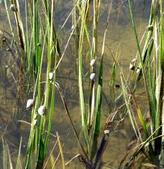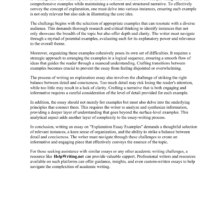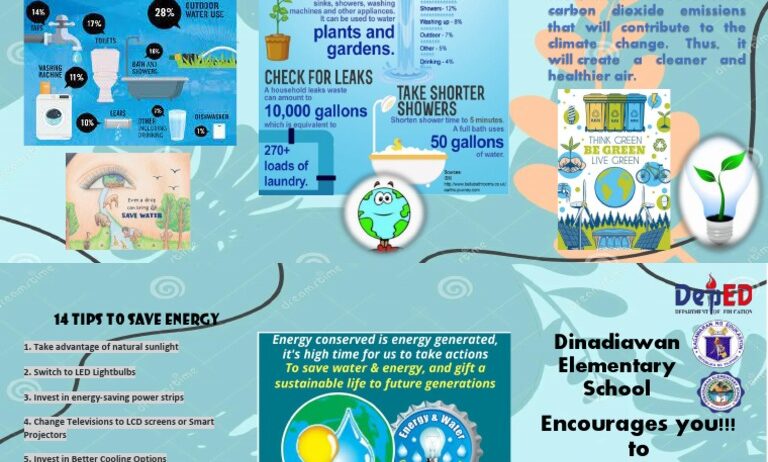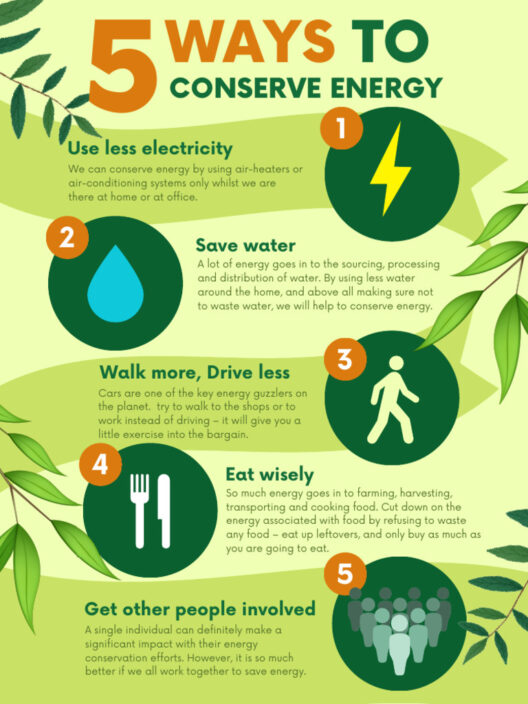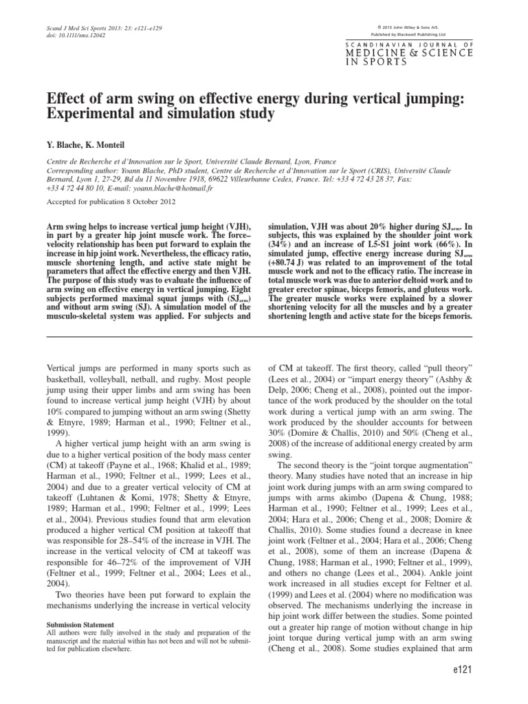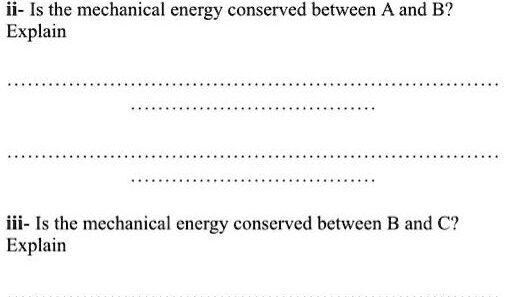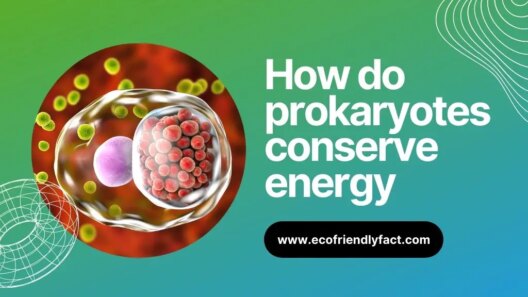Water conservation is often viewed as a straightforward endeavor; however, the implications of conserving water extend far beyond the mere preservation of this vital resource. One particular realm where the impact of water conservation reverberates is in energy consumption. By examining the intricate relationship between water use and energy expenditure, it becomes evident that smart saving strategies can wield profound effects not only on the environment but also on our energy utilization. This connection is intricate yet significant, as it unravels layers of dependency that often go unnoticed in our daily lives.
To comprehend how saving water results in reduced energy consumption, one must first grasp the concept of the water-energy nexus. This term encompasses the interdependence of water and energy globally. The production, treatment, and transportation of water consume significant amounts of energy. Conversely, the extraction, purification, and distribution processes of energy often necessitate substantial water resources. Thus, each drop of water saved can translate into a reduction in energy demand, creating a reciprocal relationship that underscores the necessity of conservation.
When homeowners and businesses implement water-saving measures, they invariably decrease the amount of energy required for heating and treating water. For example, taking shorter showers or fixing leaks conserves water. This straightforward act leads to decreased hot water use, which in turn reduces the energy needed to heat it. Additionally, adopting efficient fixtures, such as low-flow showerheads and faucets, further deepens the impact, allowing for significant water and energy savings over time.
The energy costs associated with water treatment facilities are another area where conservation yields benefits. Water must be treated to meet safety standards before it can be distributed for consumption. This treatment process requires energy in various forms, including electricity and chemical inputs. By scaling back on water use, treatment facilities can reduce operational costs and lessen the environmental strain caused by excessive energy consumption. Ultimately, these savings can translate into lower usage of fossil fuels and a decreased carbon footprint.
Moreover, it is crucial to acknowledge the role of irrigation in energy consumption within the agricultural sector. Agriculture is notoriously water-intensive, often necessitating enormous volumes of water for crop production. The energy required for irrigation systems—whether through pumping groundwater or delivering surface water—can significantly impact the overall energy demand of agricultural practices. Employing water-efficient irrigation techniques such as drip irrigation or rainwater harvesting not only conserves water but simultaneously decreases the energy needed for these operations. This dual benefit fosters improved sustainability and helps combat climate change through reduced greenhouse gas emissions.
The conversations about water-saving initiatives often overlook one profoundly impactful point: the inherent value of mindful consumption. When individuals adopt an environmentally conscious mindset towards their water usage, it leads to broader alterations in lifestyle, encouraging a deeper consideration of energy consumption as well. By recognizing and appreciating the connection between water and energy, individuals are likely to apply similar principles to their energy-related habits, such as reducing electricity use and opting for renewable energy sources. This holistic approach reinforces the notion that conservation extends beyond mere acts of saving resources; it embodies a philosophy of sustainability.
Additionally, states and municipalities can benefit tremendously from implementing water conservation strategies at a larger scale. For instance, managing water resources wisely can alleviate stress on existing infrastructure, reducing the need for costly expansions and upgrades of water treatment plants and energy systems. By investing in advanced metering technologies, conservation programs, and educational campaigns, cities can cultivate a culture of responsibility and resourcefulness among residents, leading to substantial energy savings statewide.
Furthermore, water conservation has implications for reducing the energy required to support social systems. For example, when communities adopt water-saving practices, they help safeguard their water supply, translating into increased resilience against droughts and other climate change-induced phenomena. As a result, less pressure is placed on energy resources during climate events, allowing energy systems to function more efficiently. The synergistic relationship between water and energy thus highlights the invaluable role of conservation in fostering sustainable community development.
Technical innovations also play an essential part in the conservation-energy nexus. Energy-efficient appliances and smart home technologies are increasingly designed to support water conservation. These advancements help individuals recognize their consumption patterns, enabling smarter, more informed decisions regarding both water and energy use. As technology continues to advance, it will likely become even easier for consumers to monitor and lessen their overall resource consumption, reducing reliance on non-renewable energy sources while promoting sustainability.
Ultimately, the symbiotic relationship between water conservation and energy use underscores a more profound observation about environmental stewardship. The correlation reveals that our daily actions significantly influence broader ecological frameworks. By adopting water-saving strategies, individuals and communities engage in a collective effort to mitigate climate change while enhancing the sustainability of their resource use. In this light, it becomes clear that safeguarding water equates to powering a more energy-efficient future, merging the collective aspirations of environmental integrity with practical energy solutions.
In summary, conserving water is not merely a matter of preserving this essential resource but also a powerful tool for reducing energy consumption. Through an understanding of the interrelated dynamics of the water-energy nexus, individuals and communities can harness the power of smart saving to effect significant change. The momentum generated by such efforts can catalyze a widespread culture of conservation, which will undeniably yield benefits for both current and future generations. The pathway to a sustainable future lies in the small choices we make today, leading to a profound impact on the energy landscape of tomorrow.
